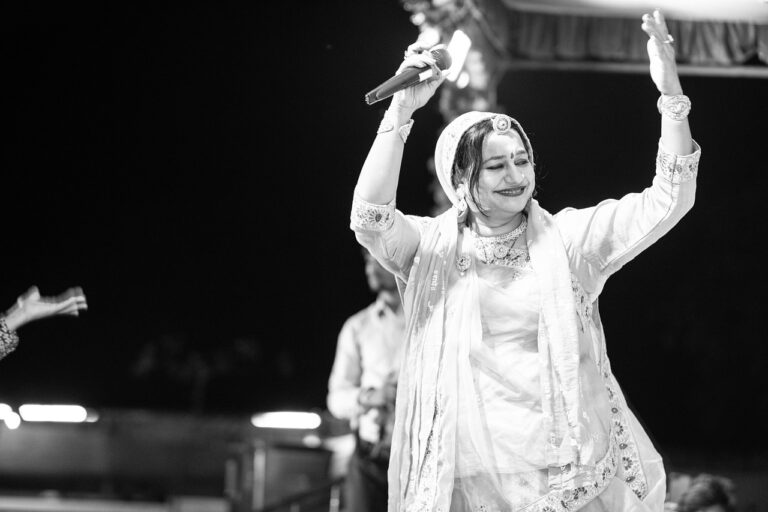Exploring the Use of Zero-knowledge Proofs in Voter Anonymity: Sky exch, World 777 com login, Gold bet
sky exch, world 777 com login, gold bet: In todays digital age, privacy and anonymity are becoming increasingly important, especially when it comes to something as critical as voting. With the rise of online voting systems, there is a growing concern about the security and anonymity of voters. One solution that has shown promise in addressing these concerns is the use of zero-knowledge proofs.
Zero-knowledge proofs are a cryptographic method that allows one party (the prover) to prove to another party (the verifier) that they know a certain piece of information without revealing what that information actually is. This can be incredibly useful in the context of voting, where individuals want to prove that they have the right to vote without disclosing their identity.
Here are some ways in which zero-knowledge proofs can be used to enhance voter anonymity:
1. Verifying Identity: Zero-knowledge proofs can be used to verify a voter’s identity without revealing any personal information. This can help prevent voter fraud and ensure that only eligible individuals are able to cast their votes.
2. Secret Ballots: Zero-knowledge proofs can also be used to ensure that each voter’s ballot remains secret. By using zero-knowledge proofs, the system can verify that a vote is valid without learning anything about the specific vote itself.
3. Auditability: Zero-knowledge proofs can provide a way to audit the voting process without compromising the anonymity of individual voters. This can help ensure that the election results are accurate and legitimate.
4. Enhancing Trust: By using zero-knowledge proofs to protect voter anonymity, election systems can increase trust and confidence among voters. Knowing that their votes are secure and confidential can encourage more people to participate in the democratic process.
5. Preventing Coercion: Zero-knowledge proofs can also help prevent coercion or bribery in the voting process. Since voters can prove their eligibility without revealing their identity, they are less susceptible to external pressures.
6. Securing Online Voting: With the growing trend towards online voting, ensuring the security and anonymity of voters is crucial. Zero-knowledge proofs can play a key role in securing online voting systems and protecting voter privacy.
In conclusion, the use of zero-knowledge proofs in voter anonymity has the potential to revolutionize the way we think about elections. By leveraging this powerful cryptographic tool, we can enhance the security, privacy, and trustworthiness of the voting process. As technology continues to advance, zero-knowledge proofs offer a promising solution to the challenges of modern democracy.
FAQs:
Q: Are zero-knowledge proofs difficult to implement?
A: While zero-knowledge proofs can be complex to implement, there are tools and libraries available that can help simplify the process for developers.
Q: Can zero-knowledge proofs be used in all types of elections?
A: Yes, zero-knowledge proofs can be adapted to various types of elections, whether they are online or in-person, making them a versatile solution for ensuring voter anonymity.
Q: How can voters be sure that zero-knowledge proofs are being used correctly?
A: Transparency and audits are essential to ensuring that zero-knowledge proofs are implemented correctly. Independent verification and oversight can help ensure the integrity of the voting process.
Q: Are there any drawbacks to using zero-knowledge proofs in voting?
A: While zero-knowledge proofs offer many benefits, they can also introduce complexity and potential privacy concerns if not implemented correctly. It’s essential to carefully evaluate and test any system that uses zero-knowledge proofs to ensure it’s secure and effective.







